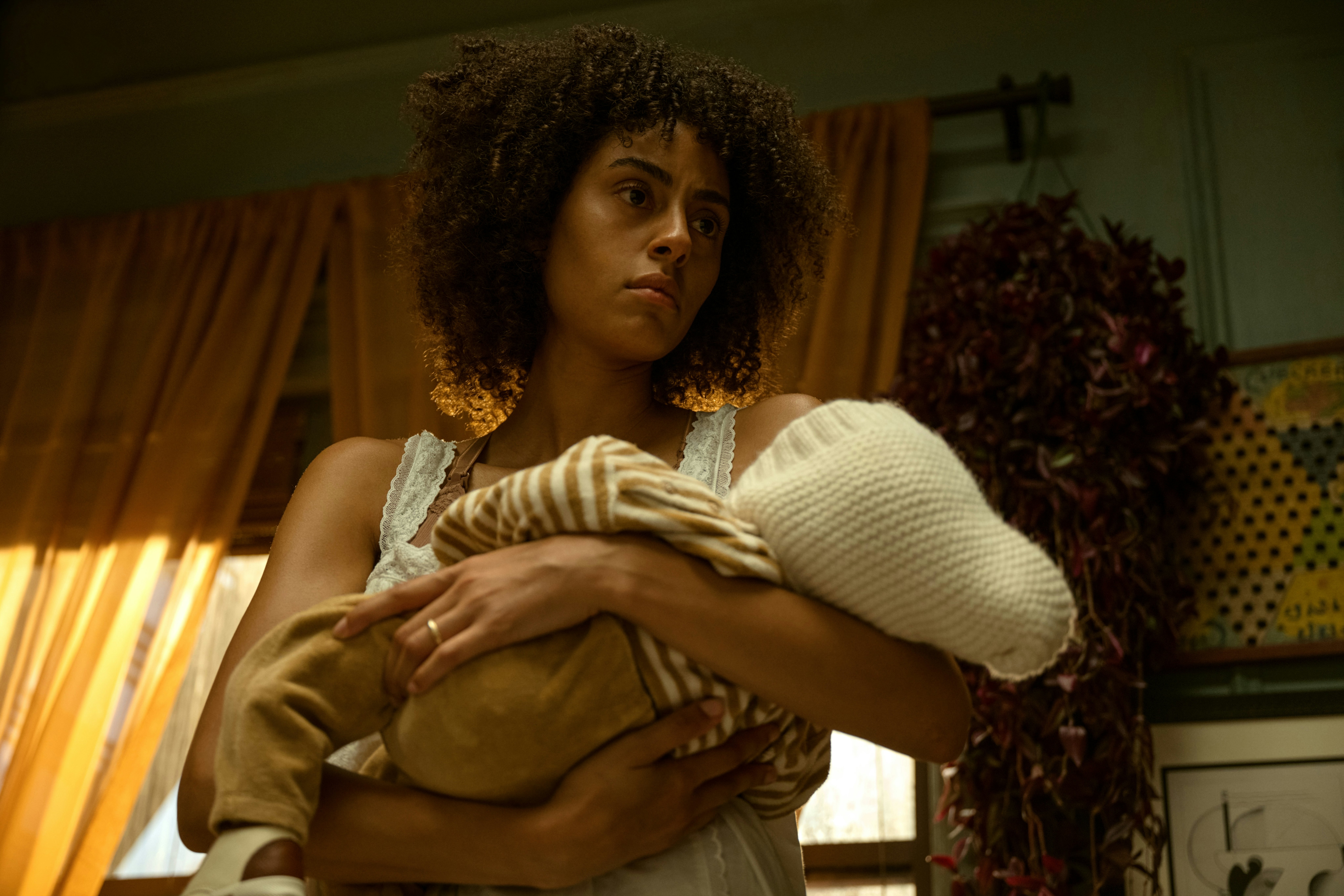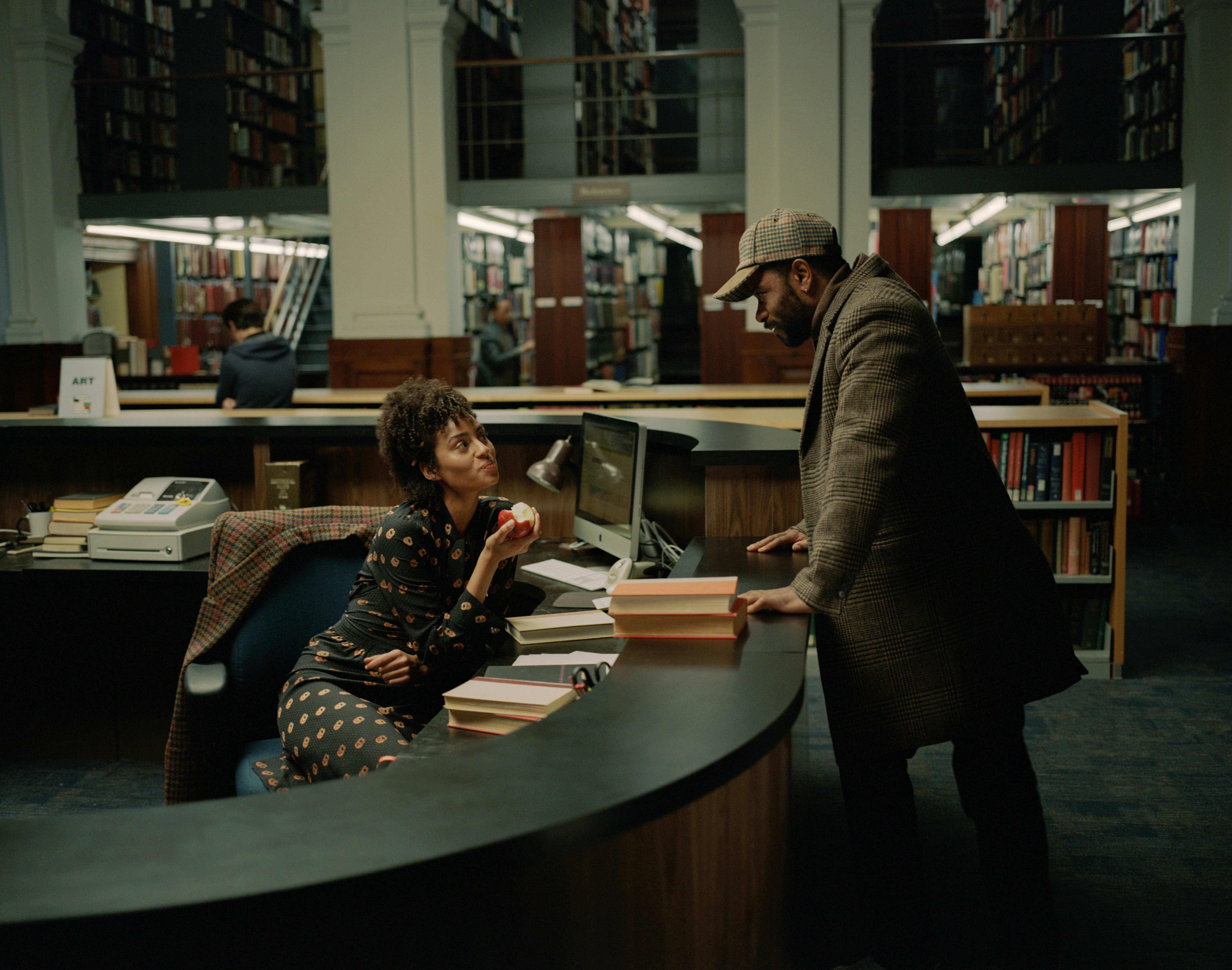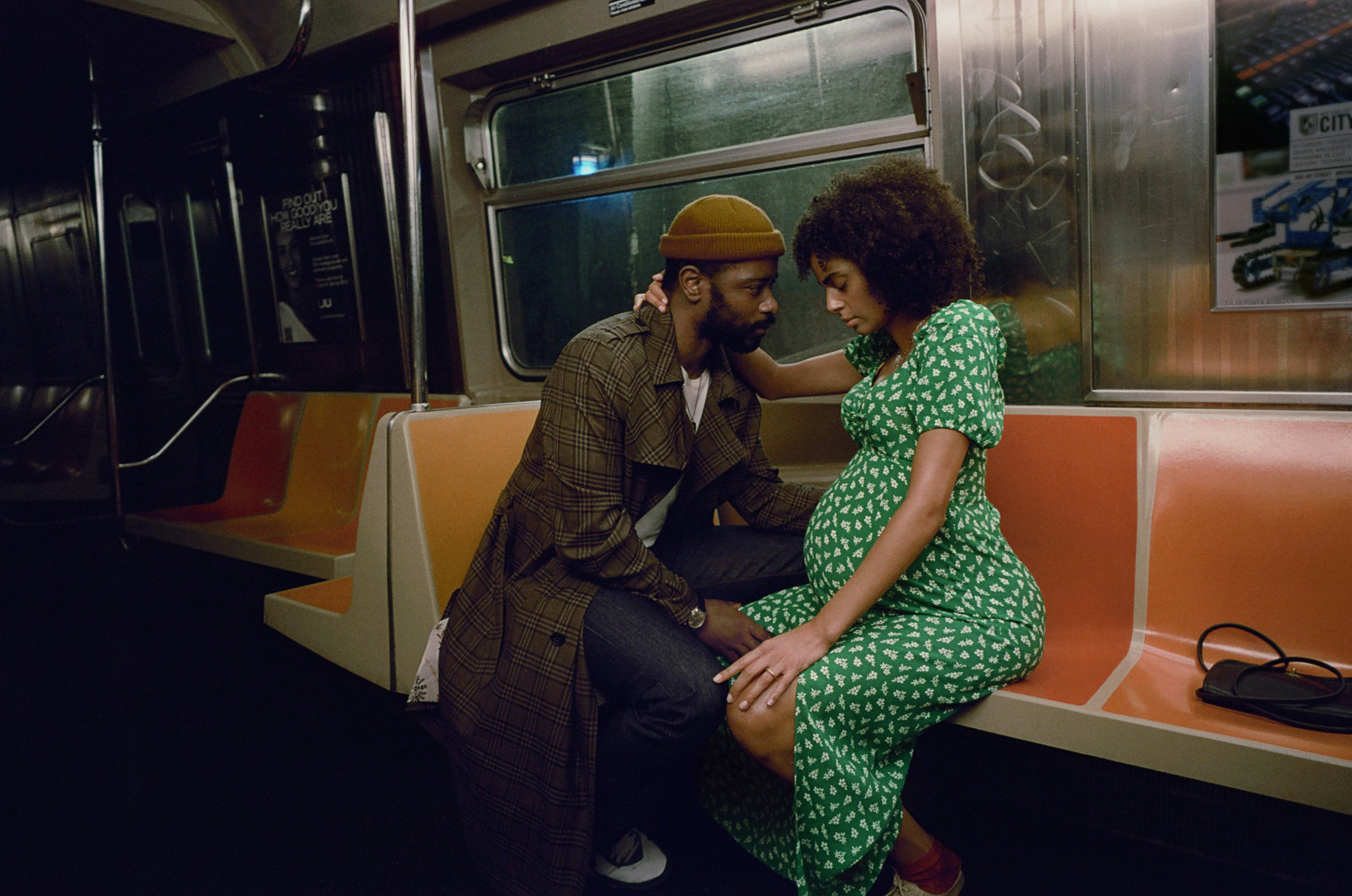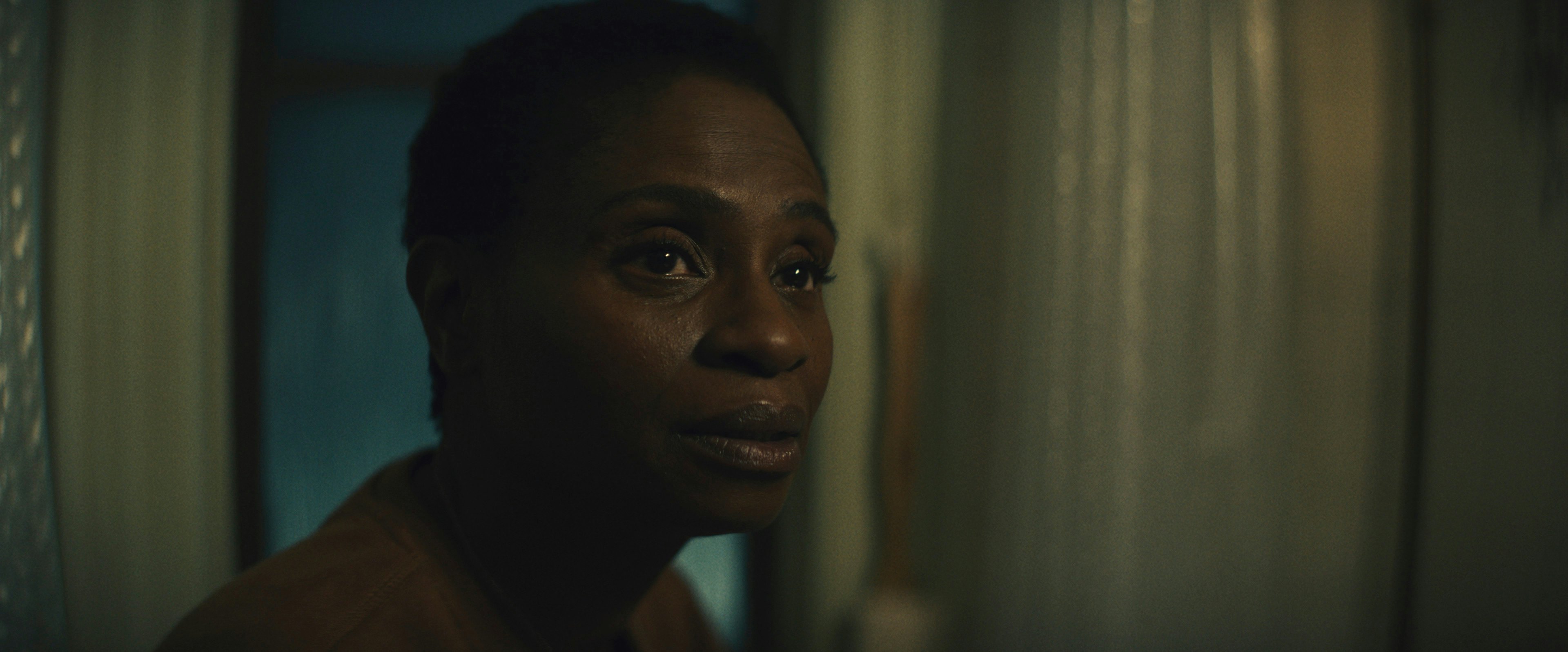
The myth of the changeling exists in almost every medieval European culture. Folklore says fairies would steal away babies and replace them with an identical creature, and parents would be tricked into raising something that wasn’t their own until they slowly realized something was amiss. It’s a classic fairy tale. It’s dark, fantastical, and rooted in truth: many folklorists believe the changeling myth exists to explain child mortality and birth defects as the work of fairies.
While today’s culture may not include this folklore, the need for explanation and reason in one of the most stressful stages of a person’s life, early parenthood, still persists, and so does the need for fairy tales. The Changeling, Apple TV+’s new horror fantasy series, takes the classic structure of these stories and twists it into the most unique, dreamlike modern fairy tale we’ve ever seen on television.
The series follows Apollo Kagwa (LaKeith Stanfield) and his wife Emma Valentine (Clark Backo), a bookseller and librarian who fall in love in New York City. When Emma returns from Brazil with a bracelet she swore to a witch she would never remove, Apollo dismisses this with his catchphrase, “I am the god Apollo,” and swiftly cuts off the bracelet.

From that moment on, everything in Apollo and Emma’s life switches. Though they have a beautiful baby boy named Brian, normal parenting anxieties like first solids and sleeping schedules soon give way to more sinister signals, driving Emma to go where any millennial parent goes in a time of need: a Facebook group.
But as she gets driven to the edge by disappearing text messages, visions, and advice from elsewhere, Emma’s actions begin to look like post-partum psychosis driving her to horrifically drastic action. (If you’re sensitive to violence against children or delusions being validated, this may not be the show for you.) This drives Apollo on a journey through the underbelly of New York looking for his wife and child. Along the way, he finds monsters, friends, enemies, and the disturbing truth about just what happened to his son.
The Changeling is an ambitious show, tracing a sprawling story all the way back to Apollo and Emma’s parents and taking time to flesh out even the elements that seem superfluous. The key here is the source material: the 2017 novel by Victor LaValle. LaValle narrates the series, often pulling his prose completely from his novel. It adds the oral tradition element that all good fairy tales have, as well as a Greek chorus to keep the viewer oriented in such an epic saga.

Over the course of eight episodes, Apollo’s concern goes from trying to relieve Emma’s stress to becoming just as drastic as her, tracking down a group of women led by Cal (Jane Kaczmarek) who confirm his worst fears: changelings are real, and so are things far worse than them.
By far the highlight of the series is the penultimate episode which follows one of the best trends in television today: the standalone episode. Just when Apollo’s story hits its peak, the action stops to instead focus on his mother Lillian, played by longtime journeyman actor Adina Porter in a much-deserved spotlight. All the themes of millennial parenting anxiety is reflected in Lillian’s own anxiety and panic around motherhood, emigrating from Uganda, and living in New York City.
It’s a cliche, but New York is truly another main character in this series. Besides providing a great backdrop for key moments, like Emma giving birth on a subway or Cal and her group living on Roosevelt Island, its own mythology lends to the worldbuilding of the series. We see this in this standalone episode especially, which feels like a love letter to Tony Kushner’s Angels in America as much as it is a horror story.

It’s hard not to look at The Changeling through the lens of its many influences: it has the themes of The Yellow Wallpaper, the monologues of a Mike Flanagan show, and the tone of a Shirley Jackson story. But just as it has similarities to it all, it finds a way to break out and be different.
They say nothing can truly prepare you for parenthood. This is probably the closest a fantasy series will ever get to replicating this feeling. There are small moments, terrifying moments, intimacy, and world-changing realizations with stop-start pacing that would feel out of place anywhere else than here.
The true feeling of that redefinition of love that a child brings you may be impossible to describe, but this story, horrific as it may be, may be as close as the medium of TV can get.







